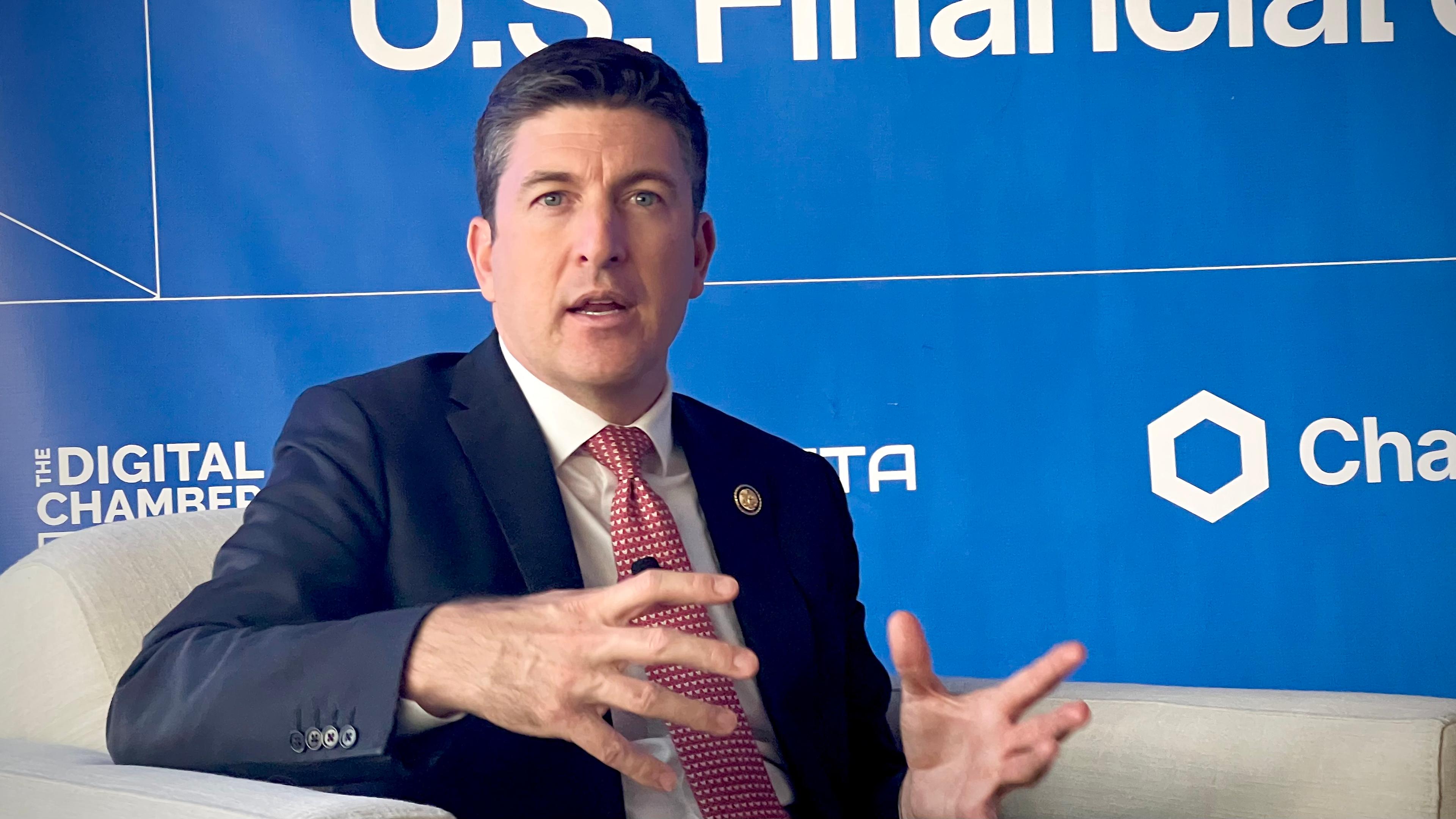
What You Need to Know
- The digital assets subcommittee of the House Financial Services Committee convened to deliberate on potential legislation for establishing a structured cryptocurrency market. This is the second significant initiative influenced by President Donald Trump’s team.
- Democrats aimed to bring attention to Trump’s business links to the crypto sector.
- Representative French Hill hinted at forthcoming legislation on market structure.
The U.S. House Financial Services Committee has advanced its efforts towards what Representative Bryan Steil termed the “second half” of President Donald Trump’s crypto roadmap. This involves legislation to shape U.S. rules governing the crypto market for a fully regulated industry.
According to Steil, the initial phase, centered on stablecoin regulation, is progressing well as Congress has already moved forward with the relevant bills in both the House and Senate. The recent hearing focused on exploring additional legislation that is essential to define and structure the cryptocurrency markets, supporting these legislative efforts in Congress.
Representative French Hill underlined that discussions are intensifying as the bill approaches introduction, detailing engagements with numerous stakeholders from various domains within the crypto ecosystem to gather insights on refining the legislative language.
During the session, discussions intensified surrounding the implications of President Trump’s family business interests in crypto, prompting inquiries from committee members about possible conflicts of interest.
Representative Maxine Waters questioned the committee’s motives, stating that the pending legislation might position Trump as a dominant force in the crypto landscape. Witness Alexandra Thornton acknowledged that previous admin decisions seemed to favor the crypto industry, noting staffing changes in regulatory agencies.
Additionally, lawmakers probed into the future roles of the SEC and CFTC concerning regulation of different digital assets, highlighting ongoing confusions regarding which tokens classify as securities under current securities laws. These complexities have proven challenging for market participants to navigate.
As the committee moves forward with its discussions, clarity in regulations remains paramount for future operations within the cryptocurrency market.


